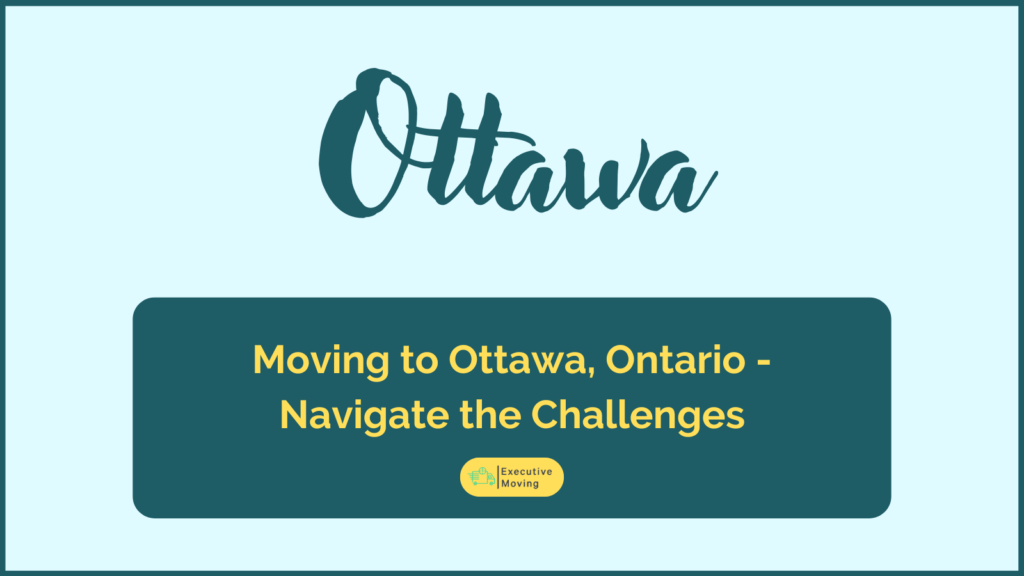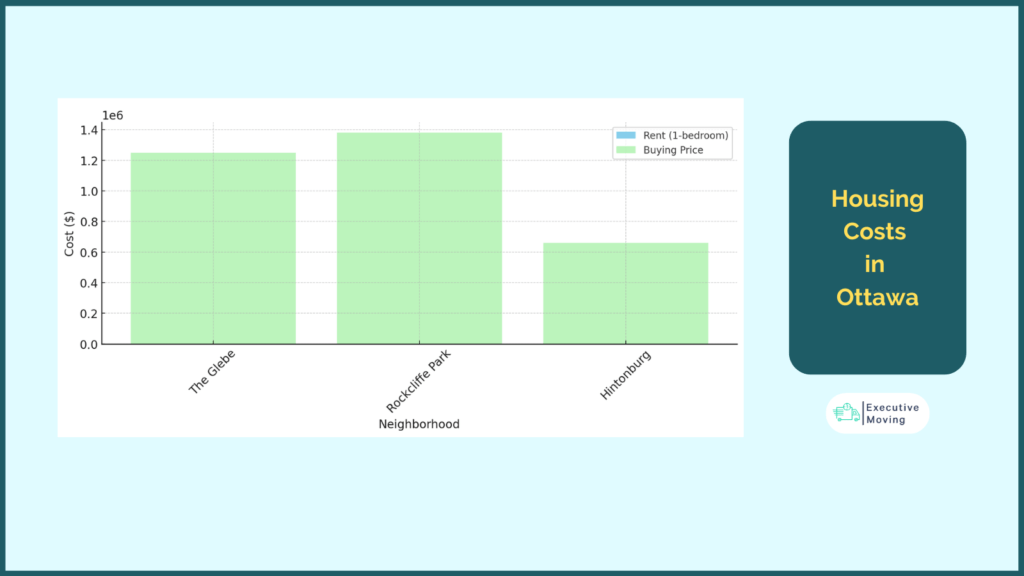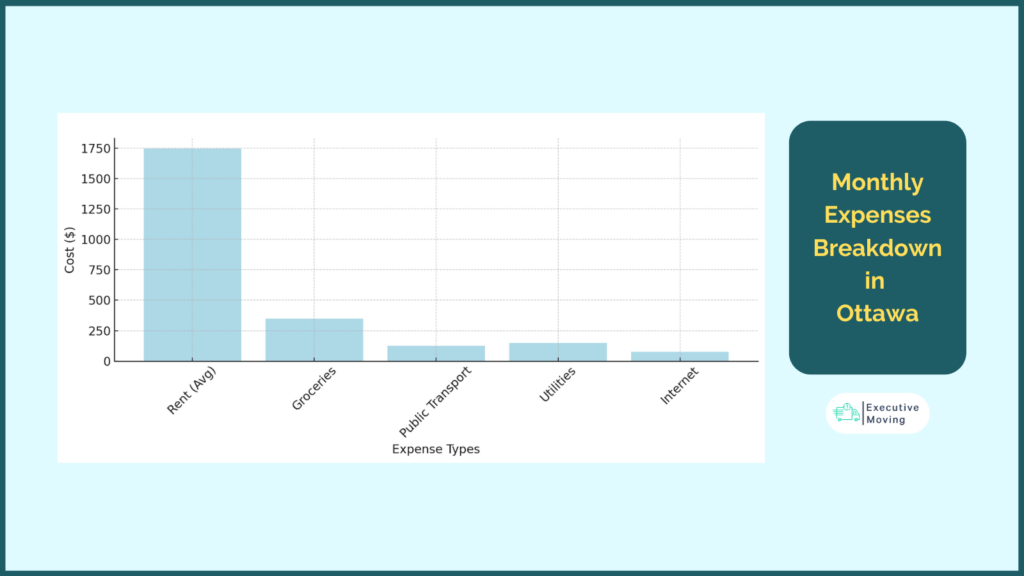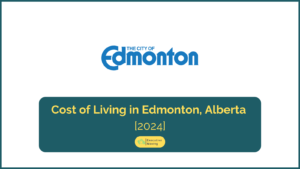
Living the Alberta Life: The Ultimate Guide for Moving to Alberta
Living the Alberta Life: The Ultimate Guide for Moving to Alberta Ahoy there, adventurer! Pondering the big leap to Alberta, the Canadian wonderland? Well, buckle up, because we’re going to take you on a virtual tour of everything you need to know when packing up and “Moving to Alberta”. We









